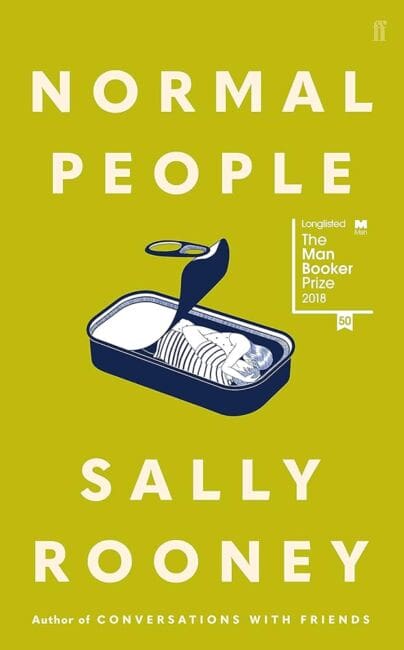Collected Works
Lydia Sandgren
Imagine this: your wife, an academic, vanishes without a trace, leaving you, your two young children, and her collected writings behind. This is what happens to Martin Berg, Swedish publisher and protagonist of Sandgren’s debut novel, Collected Works.
Translated by Agnes Broomé, Sandgren’s novel uses the vanishing of Cecilia (Martin’s wife) as a focal point in time from which to build out narratives that look both backwards and forwards. Dazzling readers with disorientating detail, this novel fixates around the central crux of what happened to Cecilia, while suspending the events of Martin’s life in mid-air for scrutiny and interrogation.
“Thrilling, brilliant, and immense in the best possible way… teeming with ideas and digressions on literature, art, history, and love.”
- Francesca Reece, Author of Voyeur
A strong start on the prose front for Sandgren, Collected Works is an impressive debut novel weighing in at over 700 pages. Though, due to its fast pace and gripping themes, you’ll hardly notice the length. Structured around two narrative timelines, Sandgren demonstrates her writerly skill, deftly balancing the past and the future in a mingling at the present. The novel interweaves Martin’s youth and life before meeting Cecilia and having their two children with the events, thoughts, and feelings he experiences in the present day.
Lending itself to the indulgent genre of detective fiction – though written with the beauty found in poetry – this novel works hard to paint vivid pictures of its characters, love, history, and literature itself. The brightly-coloured images that Sandgren uses make it easy to envision this novel eventually making its way onto screens or even the stage, especially in her accounts of the relationship between individuals.
We must nod, here, to the deftness of Agnes Broomé’s translation that captures the intricacies and tensions of social interactions so well. One such example is in the interactions between Martin, Cecilia, and their lifelong friend Gustav Becker, a world-famous painter.
“The book chronicles the near inevitability of life, once lived, feeling as though it’s something lost, even wasted.”
- The Guardian
The build up to the so-called ‘central event’ of Cecilia’s whereabouts lasts for most of the book, propelling readers hungrily forwards. Yet, around the 650-page mark, we’re still hungry, and readers are left wanting.
Somehow skirting around the question it so eagerly seemed to want to answer, the book finishes without satisfying the appetite. The climax that had been building throughout dissolves into nothing and we are not satisfied with the answers we so patiently waited for — why Cecilia left, why Martin never properly searched for her, why Gustav kept his secrets….
But, let’s not forget that indecision is itself a creative decision and Sandgren is no less skilled of an author just because she chooses not to give into the demands for answers from her readership.
Although often facing backlash for an apparently anti-climactic ending, we see the brilliance in ‘disappointment’. The ending of Collected Works prompts us, as consumers of literature, to confront our own expectations and pre-conceptions about how books ought to finish — or, indeed, how people ought to act.
Who is Lydia Sandgren?
If you’ve read Collected Works, or any of Sandgren’s fiction, it may come as no surprise to you that she is a practising psychologist.
Much of her writing echoes with deep psychological tenors, particularly in her intriguing portrayals of deeply-complex and elusive protagonists that all but resist depiction by less adept authors.
Currently living in Gothenburg, Sweden, Sandgren is still enjoying the success of Collected Works, a debut that, after being published in 2020 by Albert Bonniers Förlag, quickly rose to great critical acclaim and became a bestseller.
In the same year as it was published, Collected Works was awarded the August Prize, Sweden’s most prestigious award for literary excellence.
Want to read more?
Tempted by Collected Works? Why not browse the books we’ve reviewed in similar genres like Thrillers, Drama, or Crime?
Or for literary advice and reviews hot off the press, be sure to keep up with our latest reviews page and, of course, the Victoria Freudenheim blog.

| ISBN | 978-1782278009 |
|---|---|
| Pages | 768 |



